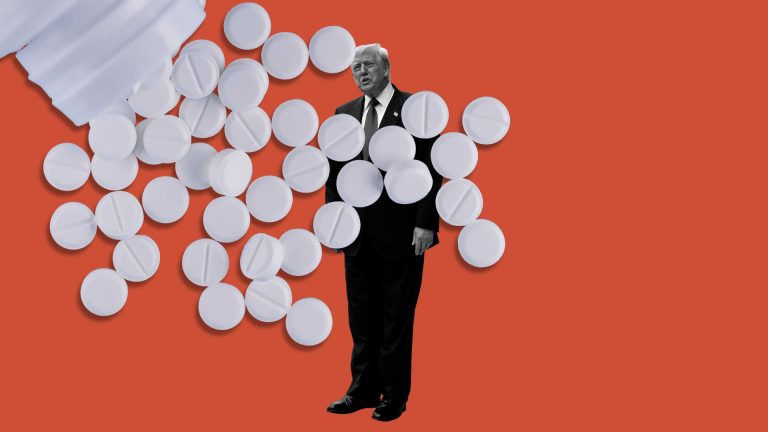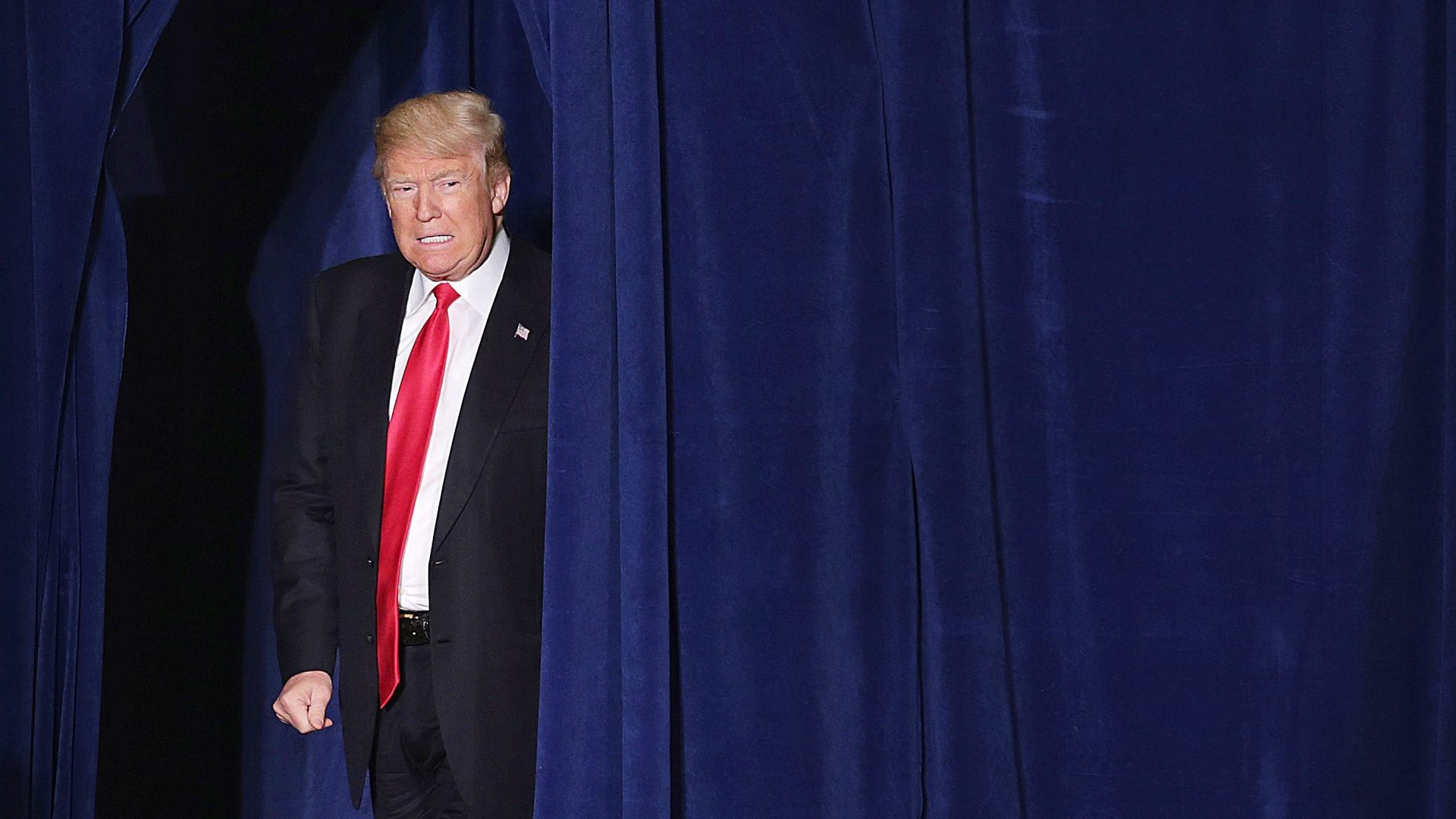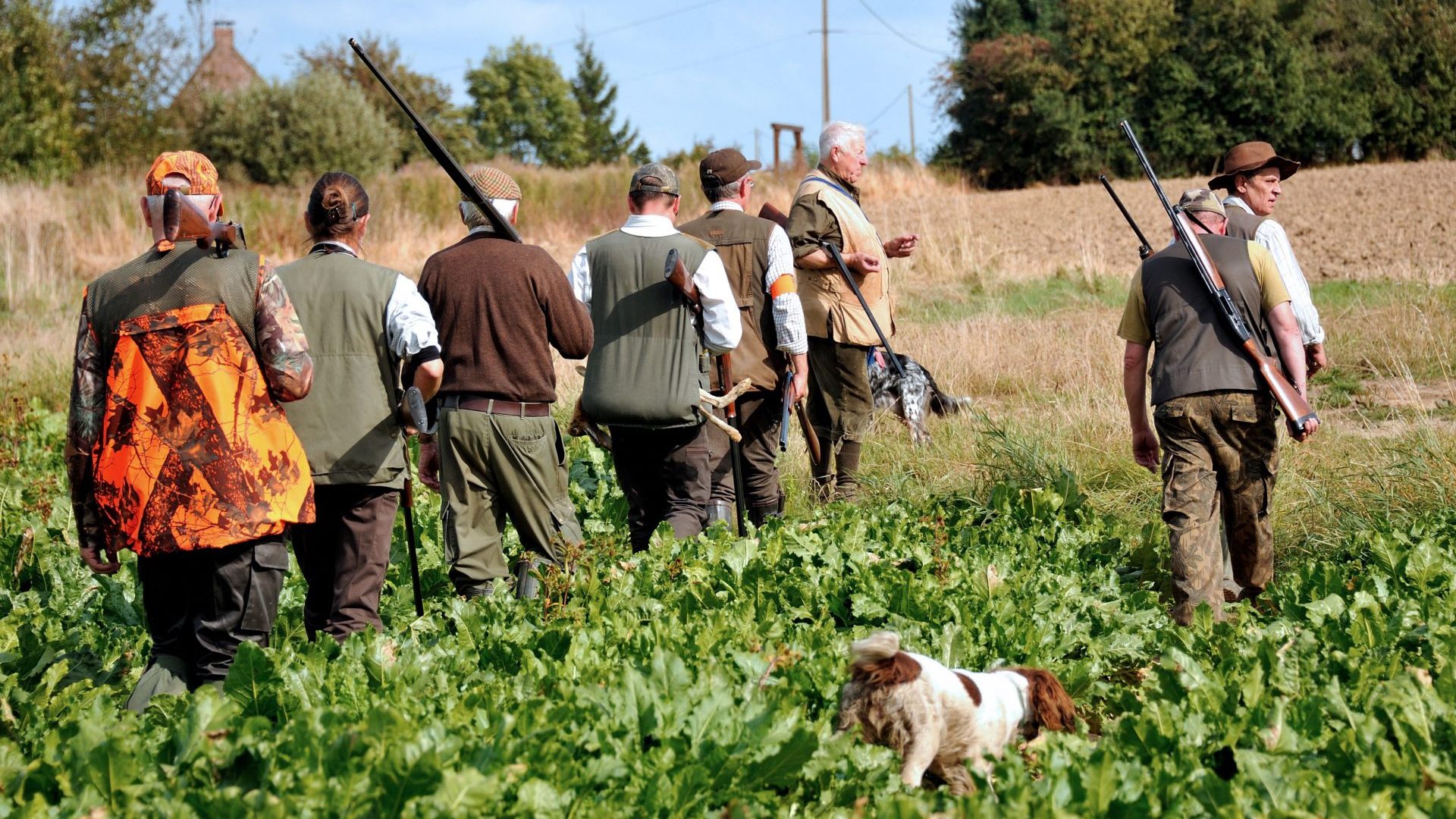For months, Colombia had been waiting to find out whether the US would pull the plug on its support for the country’s fight against the drug cartels. What would happen to the intelligence-sharing networks and joint patrols that, for decades, have monitored and shut down the trafficking routes? Would the rural farmers who have swapped coca for cacao be left dangling by a thread?
When word came the newspaper stands along Avenida Oriental were plastered with headlines. The Trump administration declared that Colombia was “failing” to meet its international drug control obligations. It was therefore “decertifying” Colombia for the first time in nearly three decades.
The words were blunt: “In Colombia, coca cultivation and cocaine production have surged to all-time records under President Gustavo Petro, and his failed attempts to seek accommodations with narco-terrorist groups only exacerbated the crisis.”
Colombia remains the world’s top cocaine producer. According to the UN, coca cultivation jumped another 10% in 2023 to 253,000 hectares, and the potential cocaine output leapt 53% over 2022. For anyone who has driven through the lush hills of Antioquia or watched army helicopters buzz low over the Cauca valley, those numbers feel less like statistics and more like daily reality.
Suggested Reading


Trump, Kennedy and a gross debacle over autism
But many Colombians let out a sigh of relief. Despite the rebuke, it was not the worst-case scenario – the White House would not cut Colombia off. Washington says that continued funding and security assistance “is vital to the national interests of the United States”. On the ground, that means Colombian officers will keep training with US troops, and billions in counternarcotics aid and shared intelligence on trafficking routes will keep flowing.
Elizabeth Dickinson, an analyst with the International Crisis Group, put it neatly. “It is probably the best outcome that I think Colombia hoped for,” she said. While the decertification is “a political castigation”, the waiver attached to it is “really a recognition of the longstanding and deeply embedded cooperation” between the two countries against organised crime.
Seen this way, the US decision is a symbolic blow – both to Colombia, historically one of Washington’s closest allies in Latin America, and to Petro himself. Trump’s statement was scathing of the leftist president: “The failure of Colombia to meet its drug control obligations over the past year rests solely with its political leadership.”
A friend working in public health sighed: “To me this decertification has more political implications than economic and military ones.”
Petro, never shy of a fight with Trump, fired back. In a televised cabinet meeting in Bogotá, he said Colombia was being punished after sacrificing the lives of “dozens of policemen, soldiers and regular citizens, trying to stop cocaine” from reaching the United States.
“What we have been doing is not really relevant to the Colombian people,” Petro added. “It’s to stop North American society from smearing its noses” in cocaine.
The two men have sparred repeatedly this year: Petro has denied certain US extradition requests, accused Washington of mistreating Colombian migrants, and recently condemned a deadly American strike on a Venezuelan vessel in the Caribbean. “Under my administration, Colombia does not collaborate in assassinations,” he said after that attack. Bogotá has now responded to Monday’s decision by announcing it will stop buying US weapons “from this moment on”.
Petro, who has said that whiskey kills more people than cocaine, has also long called for a different approach to drug trafficking, saying that “peaceful alternatives” are needed instead. Since taking office in 2022, he has redirected efforts from destroying coca crops to dismantling trafficking networks. He has also blamed global demand for the problem. On Monday, he took to social media to make his point again: “To reduce coca leaf cultivation, what is needed is not glyphosate sprayed from small planes, but a reduction in demand for cocaine, fundamentally in the US and Europe.”
Trump, meanwhile, has doubled down – making the war on drugs a cornerstone of his second term, adopting a militarised approach and, in recent weeks, launching two lethal operations against what his administration described as traffickers in international waters off South America.
The last time Colombia was decertified was 1997. Analysts warn that this new black mark could scare off foreign investment and complicate already-fragile efforts to stabilise the countryside.
Afghanistan, Bolivia, Myanmar and Venezuela also made the list of countries deemed to be “failing demonstrably” to uphold counternarcotics agreements. But here in Medellín, locals say the sting is personal – another reminder of how global politics can collide with the daily lives of Colombians who have already paid a high price.
Harriet Barber is a journalist covering human rights abuses, migration, women’s rights and politics in South America



